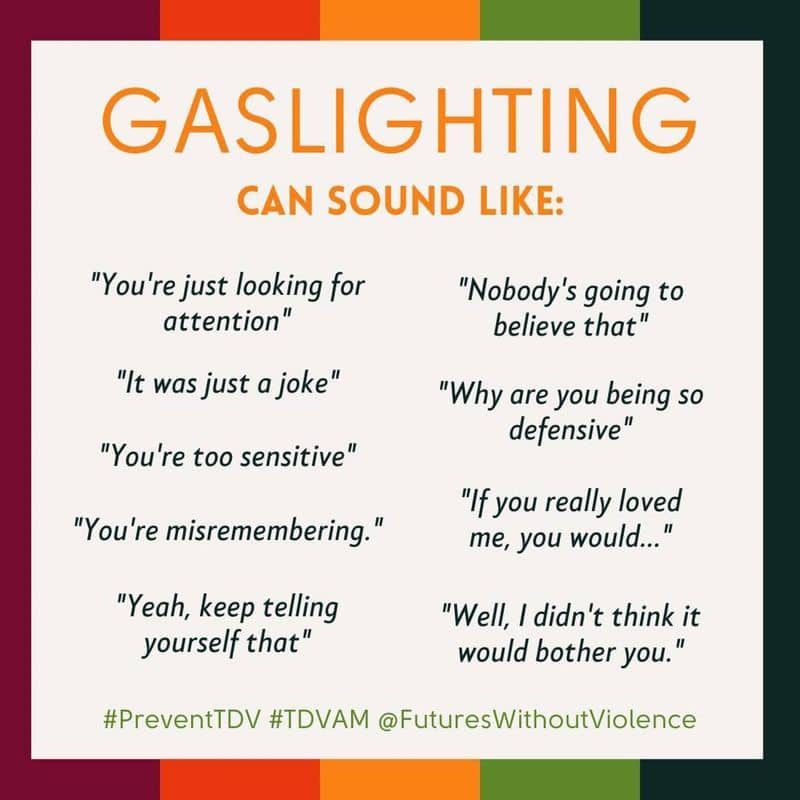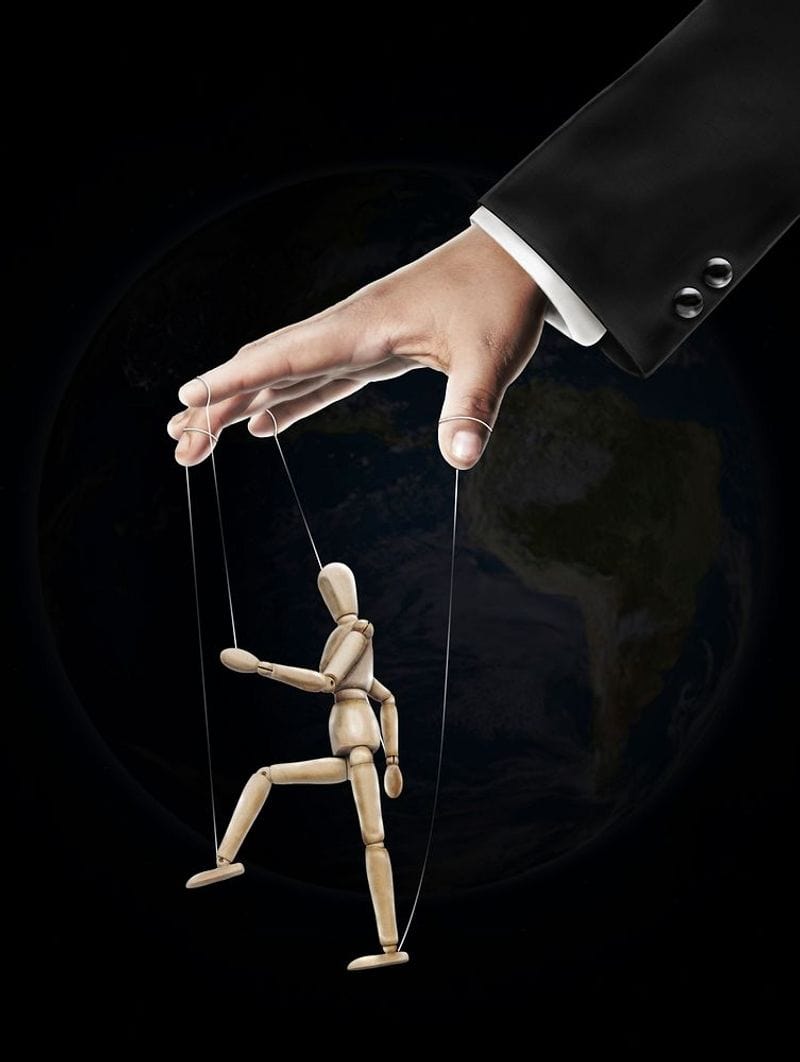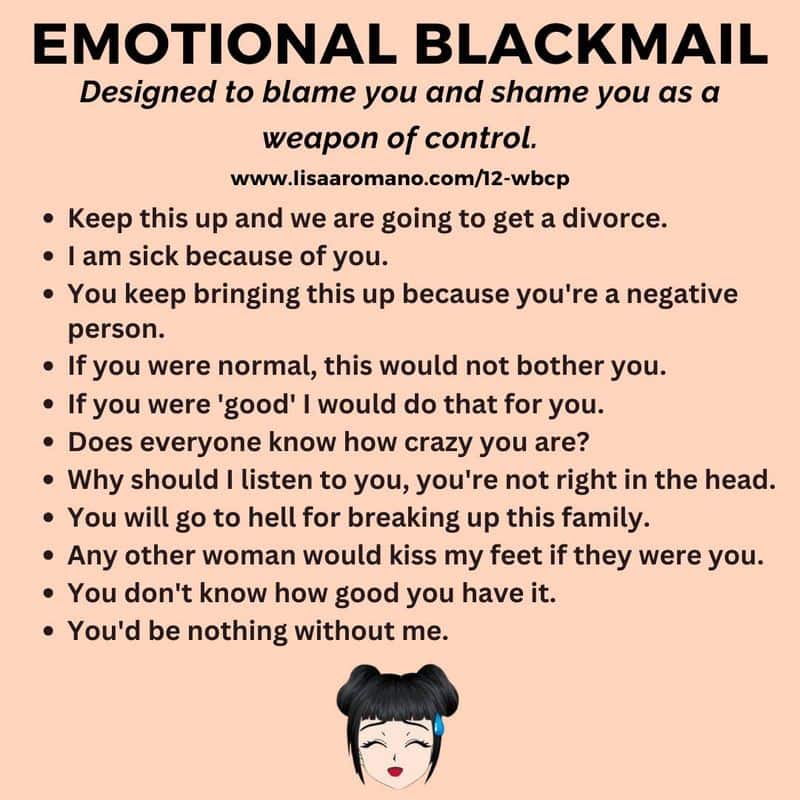Have you ever felt something was off in a relationship but couldn’t quite put your finger on it? Emotional manipulation happens when someone uses your feelings against you to get what they want.
It’s like having someone secretly pull your strings while making you think you’re in control. Learning to spot these warning signs can help you protect your emotional well-being and maintain healthier relationships.
1. The Guilt Trip Express

Someone laying on excessive guilt is like being hit by a freight train of shame. “After all I’ve done for you” becomes their favorite phrase, making you feel terrible for having normal boundaries or needs.
They might dramatically sigh or remind you of past favors whenever you say no. This calculated behavior aims to make you so uncomfortable that you’ll do anything to ease the guilt.
Notice how your stomach knots up when they use this tactic? That’s your body’s warning system telling you something isn’t right in this interaction.
2. Reality Rewriting (Gaslighting)

“That never happened” or “You’re too sensitive” become battle cries when you confront a gaslighter about their behavior. They’ll twist conversations, deny promises, and confidently rewrite history until you question your own memory.
Many victims start keeping notes or recordings just to confirm they aren’t losing their minds. The confusion is intentional – a confused person is easier to control.
Remember that odd feeling when they deny something you clearly remember? Trust that feeling. Your memory isn’t perfect, but neither is theirs, and consistent denial patterns are red flags.
3. Kindness with Strings Attached

Watch out for the surprise gift-giver who keeps a mental ledger of everything they’ve done for you. True generosity comes without expectation, but manipulators use favors as future leverage.
“I bought you dinner last week, so you should help me move this weekend” might seem reasonable until you realize every kind gesture comes with unspoken terms and conditions. The manipulation happens when they act hurt or betrayed if you don’t comply with their unmentioned expectations.
Genuine kindness feels warm; manipulative “kindness” feels like taking on debt you never agreed to.
4. Slowly Boiling the Frog

Much like the frog that doesn’t notice slowly heating water until it’s too late, manipulators gradually escalate their demands. They start with tiny, reasonable requests that barely register on your radar.
“Can you just pick up my dry cleaning?” becomes “Why aren’t you handling all my errands?” before you realize what’s happening. Each small yes becomes evidence that you should say yes to bigger things.
Pay attention when someone consistently pushes boundaries just a little further each time. This salami-slicing approach to manipulation works because no single request seems worth fighting over.
5. Emotional Hostage-Taking

“Look what you made me do!” screams the manipulator who just threw a tantrum. Suddenly their bad mood, poor decisions, or emotional outbursts become your responsibility to fix.
These emotional hostage-takers make their feelings your problem while refusing to take responsibility for managing their own emotions. Their happiness becomes your job description, and their unhappiness becomes your failure.
Notice how exhausting it is trying to keep someone else emotionally stable? That’s because it’s an impossible task designed to keep you dancing to their tune while neglecting your own emotional needs.
6. Professional Victim Syndrome

Some people wear victimhood like a superhero cape, swooping in to collect sympathy and avoid responsibility. “Everyone is against me” becomes their theme song, with you cast as either rescuer or villain in their personal drama.
Nothing is ever their fault – the world, their boss, or you are always conspiring against them. This constant victimhood serves a purpose: it shields them from accountability while making you feel protective or guilty.
When someone’s stories always position them as the helpless victim, ask yourself who benefits from this narrative and what it might be distracting you from seeing.
7. Threat Theater

“If you really loved me, you wouldn’t hang out with your friends.” Statements like this aren’t direct threats, but they’re emotional blackmail nonetheless. The manipulator creates artificial consequences for normal behaviors they don’t like.
Some threats are subtle – a cold shoulder, withdrawal of affection, or ominous hints about what might happen if you don’t comply. Others are more direct, threatening to end relationships, spread rumors, or create other painful outcomes.
Fear is a powerful motivator, which is exactly why manipulators use it. When someone consistently makes you afraid of consequences for reasonable choices, they’re using threat theater.
8. Selective Memory Magic

“We never agreed to that!” they insist, even though you clearly remember the conversation. Manipulators conveniently forget promises, agreements, or problematic behavior when remembering would make them accountable.
Unlike gaslighting, which tries to make you doubt your memory, selective memory simply refuses to acknowledge inconvenient truths. They might remember with perfect clarity when you forgot something minor three years ago, yet completely blank on their major commitment from yesterday.
This one-sided amnesia creates an unfair advantage where they’re never wrong because they simply erase evidence that doesn’t support their preferred narrative.
9. The Friendship Firewall

“Your friends don’t really understand you like I do.” Red alert! When someone works to disconnect you from your support network, they’re building walls to isolate you where their influence goes unchallenged.
They might criticize your friends, create scheduling conflicts, or make spending time with others so difficult that you eventually give up. Some even create artificial emergencies whenever you make plans with others.
Isolation techniques work because humans are social creatures who become more vulnerable to manipulation when cut off from alternative perspectives. A healthy relationship encourages outside connections rather than monopolizing your social world.
10. Confidence Demolition Crew

“You’re lucky to have me – nobody else would put up with you.” Ouch! Manipulators often chip away at your self-esteem through “helpful” criticism, backhanded compliments, or direct insults disguised as jokes.
This erosion of confidence serves a strategic purpose. When you believe you’re unworthy, unlovable, or incapable, you become less likely to set boundaries or leave the relationship.
Notice if someone consistently points out your flaws while minimizing your strengths. True supporters help you see your value and potential; manipulators have a vested interest in making sure you never realize how capable and deserving you really are.

